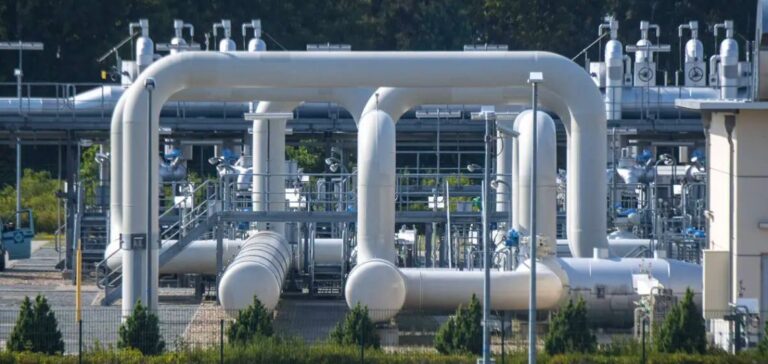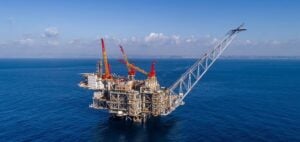Russia looks set to resume gas deliveries to Europe via the Nord Stream pipeline on Saturday after a short maintenance period, according to data released Friday by the pipeline operator.
The reopening of the valves would be a relief for EU countries, but would not allay their fears that there could be further interruptions this winter on this key pipeline linking Russia to northern Germany.
The dispatch orders, published by the website of Nord Stream, the pipeline operator, indicate that the flows should restart from 02:00 am (00:00 GMT) at 20% of normal capacity, the same level as before the maintenance work.
This work began on Wednesday and reduced transit to zero. Announcements on expected volumes may still change and must be confirmed by actual flows.
The Russian energy company Gazprom had justified the suspension of flows by the need for maintenance work on a compressor station of the pipeline, located in Russia.
In the context of the war in Ukraine, energy is at the heart of a tug of war between Moscow and the West, which regularly accuses Russia of using gas “as a weapon”.
A German official had judged this week’s interruption “technically incomprehensible”.
Gazprom has been steadily reducing the quantities delivered by Nord Stream over the past few months.
In July, the company had already carried out ten days of maintenance work on the pipeline, which was then restarted but with a further drop in deliveries.
Before the Russian invasion of Ukraine, Nord Stream carried about a third of the 153 billion cubic meters of gas purchased annually by the EU. Germany exports to the continent a part of the volumes arriving on its territory.
To make up for the missing quantities, European countries are trying to find other suppliers and reduce their consumption against a backdrop of exploding gas prices on the markets.





















